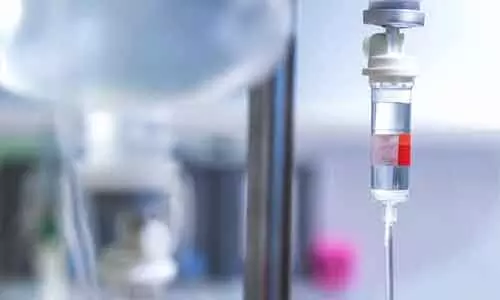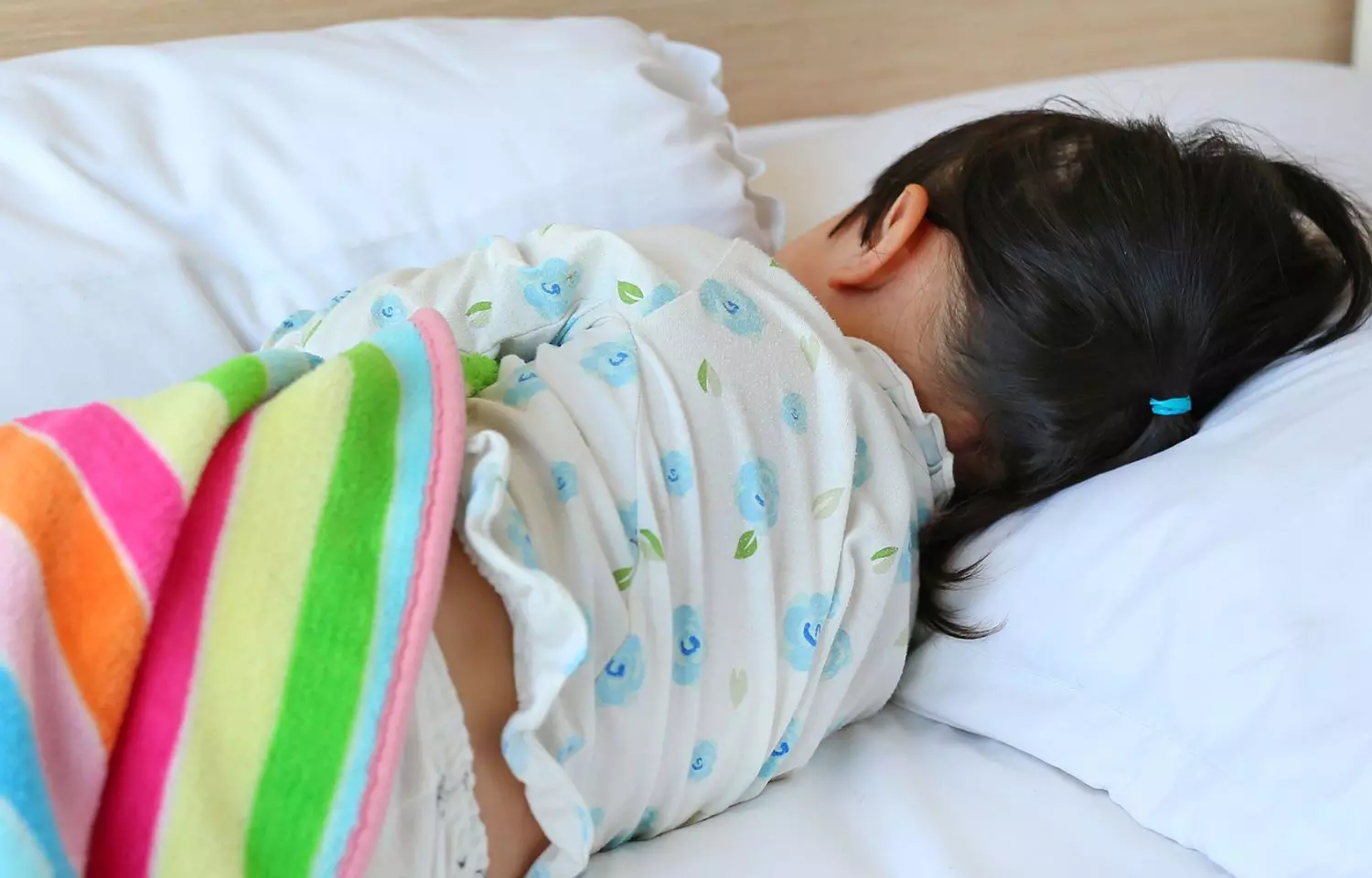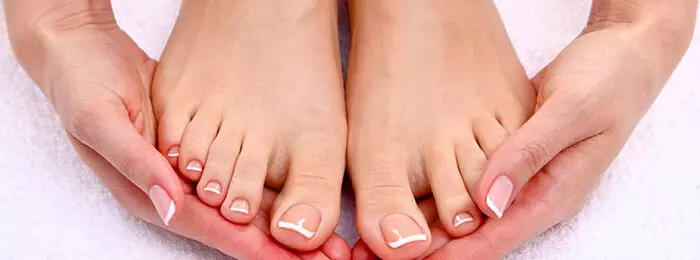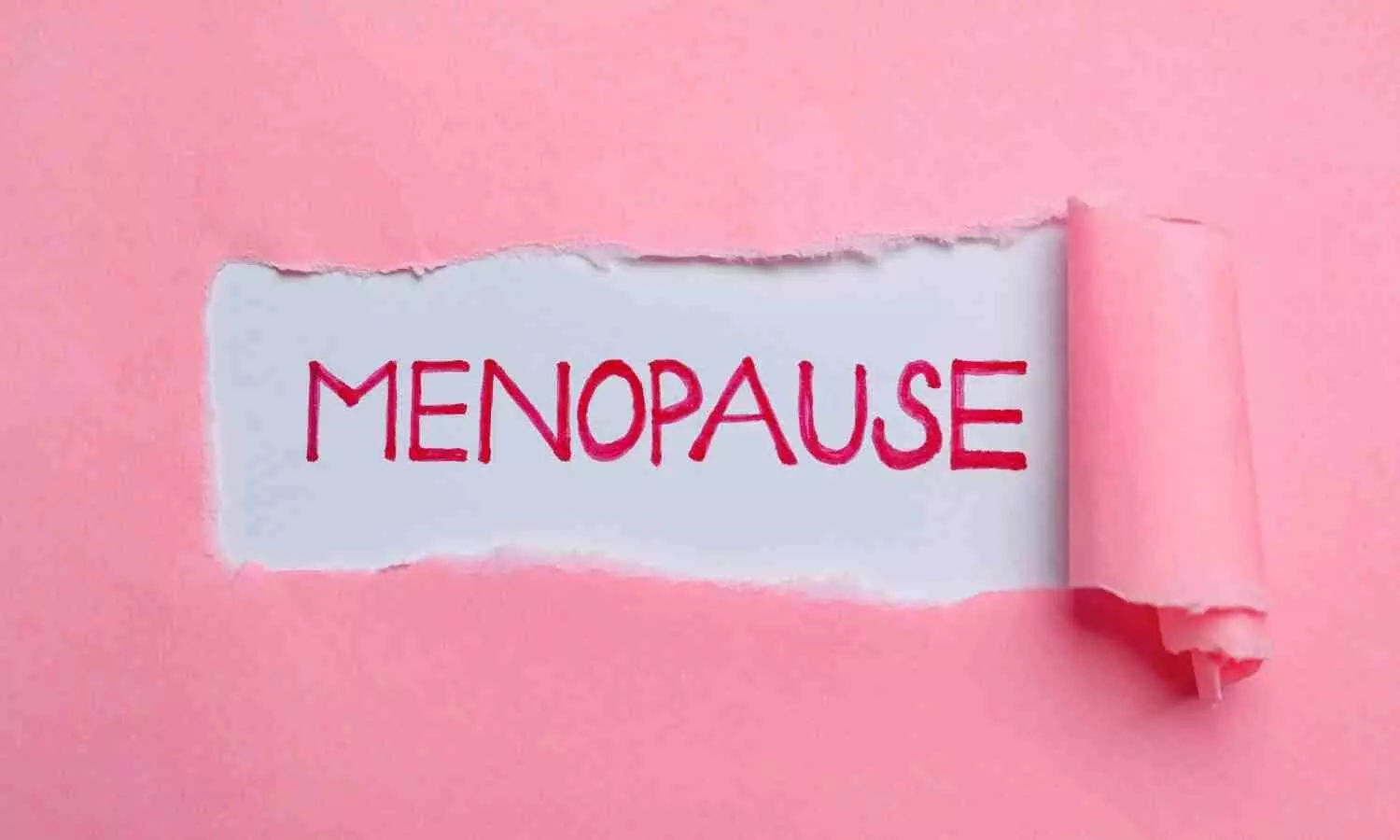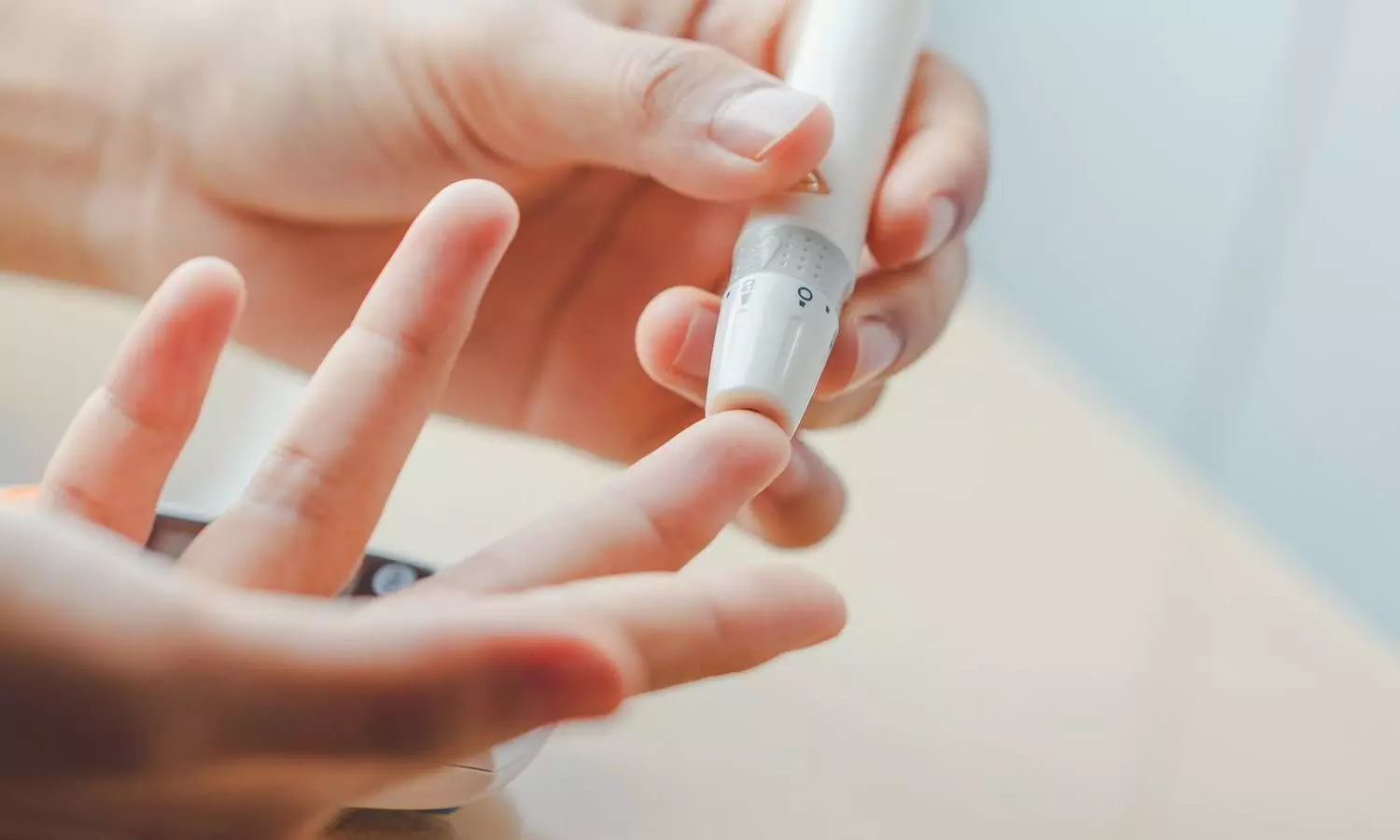
Kangra: Holding Fortis Hospital and its Gastroenterologist guilty of gross negligence, dereliction of duty and deficiency of service while providing treatment for Choledocholithiasis, the District Consumer Disputes Redressal Commission (DCDRC), Kangra recently directed them to pay Rs 5 lakh compensation to the patient.
“The complainant, who had gone to Fortis Hospital during Covid-19 period for the treatment of Choledocholithiasis, was not treated properly and was subjected to another ERCP procedure in the month of August, 2021. Thus, the opposite parties are liable to pay a hefty compensation to the complainant for act of dereliction,” opined the District Consumer Court.
“Accordingly, the complaint is allowed and opposite parties are jointly and severally directed to pay an amount of Rs.5,00,000/- as compensation to the complainant. Apart from this, opposite parties are jointly & severally also directed to pay litigation cost quantified as Rs.20,000/-,” it ordered.
The history of the case goes back to 2020 when the complainant was suffering from abdomen pain and vomiting. After initial treatment, she was diagnosed with Choledocholithiasis. After being checked at Apollo Clinic in Indrapuram, she was referred to the treating doctor- Dr. Bhalla (Gastroenterologist) for ERCB & Stenting treatment.
Endoscopic Retrograde Cholangiopancreatography (ERCP) is a procedure to diagnose and treat problems in the liver, gallbladder, bile ducts and pancreas.
After examination in OPD, the complainant was admitted to Fortis Hospital on 15.12.2020 and remained under treatment till 19.12.2020. During the admission period, she was operated and ERCP + EPT with Biliary Stenting was done as per the medical record of the treatment. During her discharge, the complainant was advised to revisit after 5 days and accordingly, the complainant went for the follow-ups. She was examined and was given medicines. However, allegedly, there was no relief from pain.
It was alleged by the complainant that afterwards, during treatment at Amandeep Hospital at Pathankot (Punjab), it was found that the treating doctor at Fortis had extracted amount from the complainant in the name of ERCP, Stenting and even removal of stenting, though she was not operated or treated. Therefore, alleging deficiency in the service on the part of the doctor and hospital, the complainant filed the complaint before the District Consumer Court, Kangra.
On the other hand, the counsel for the hospital and doctor submitted that they complied with the standard medical procedure in the treatment of the ERCP and Stone removal and Biliary Stenting. It was further submitted that there was no negligence or any deficiency in the treatment of the Complainant or any other deficiency while treating the patient.
They further argued that the complainant did not file any medical evidence or expert opinion to establish the allegation that the Stenting procedure was not done by them. The hospital and the doctor claimed that there was no negligence or lack of care because they had given their best effort and also provided the best treatment in every possible way to the Complainant throughout her admission and she was discharged in a stable condition without any complaint.
While considering the matter, the Consumer Court took note of the Discharge Summary that mentioned that Endoscopic Retrograde Cholangiopancreatography (ERCP), stone removal and biliary stenting procedure were done on the complainant.
The Commission also took note of the submission by Dr. Gurkha, who conducted the subsequent ERCP procedure. The doctor submitted that he had not seen the stent which was placed earlier by Fortis Hospital, so he placed new stent by performing ERCP procedure. He also removed stones after completing ERCP. 90% CBD (Common Bile Duct) was cleared from stones at the time of ERCP on 6.08.2021. Dr. Gurkha on 17.10.2021 removed the stent placed on 06.08.2021 and also cleared remaining 10% of stones from CBD.
He further admitted that the earlier report dated 17.12.2020 of Fortis Hospital was not shown to him. As per Dr. Gurkha, findings of ultrasound showed that there were stones in the bile duct. However, he was no sure that the earlier stent placed by Fortis Hospital was migrated by natural means, but he admitted that stent could migrate through natural means in some cases.
Referring to the statement of Dr. Gurkha, the Consumer Court observed that despite the cross-examination, there was no specific denial made by Fortis Hospital and the doctor that the stones were removed from the Common Bile Duct (CBD) during the second procedure by Dr. Gurkha.
“Meaning thereby the procedure done by the Dr. Gurkha was admitted to be true by the opposite parties,” observed the consumer court, adding that the counsel for Fortis also did not explain the formation of stones within seven months of post-cholecystectomy.
At this outset, the Commission observed,
“So the opposite parties were having ample opportunities but still have not explained the presence/formation of stones in the common bile duct after the procedure carried by the Opposite Party No.2 on 17-12-2020 in the Fortis Hospital Mohali. In our considered opinion procedure notes were not maintained/prepared properly in the Fortis Hospital Mohali. Due diligence required to be adhered while preparing the procedure notes were not as per standard medical practice. Comparing the notes prepared by Dr. Suresh Gurkha and the opposite party No.2, we observe certain specific deviations from standard medical procedure in the procedure notes.”
Referring to relevant medical literature, the Commission noted that the ERCP procedure is performed before cholecystectomy to clear the common bile duct and remove the gallstones and sludge from the common bile duct to avoid having recurrent pain and jaundice after gallbladder surgery (laparoscopic cholecystectomy).
“In our opinion once the gallbladder was already removed then it was not explained by the opposite parties that how the stones were again formed in the Common Bile duct after the clearance of Common bile duct on 17.12.2021. This unexplained reason is not supported by any medical authority/citation. Even in follow up visit no such advisory was given to the complainant,” the consumer court noted at this outset.
The Commission opined that once the Hospital and the doctor claimed to follow standard medical procedure, then the onus is also shifted upon them to prove that as per standard medical protocol or citations, the stone formation can re-occur within 7 months of the clearance of CBD.
“Even the opposite parties had not mentioned in their reply that the stones in CBD can reoccur within 7 months after removal that too when the gall bladder is removed already. The entire emphasis of the opposite party on the stent which was stated to be placed while performing ERCP procedure on 17-12-2021. If this version of the opposite parties for the argument sake regarding migration of stent is believed to be true, then it can be inferred only that stent so affixed has been migrated through natural means, but as the stones from CBD was removed by Dr. Suresh Gurkha, we are of the opinion that in earlier operation/procedure stones stated to be removed by the Opposite party No.2 were actually not removed either at all or properly,” it noted.
The Commission referred to the Supreme Court order in the case of Mohit Jain vs. M/S Max Super Specialty Hospital & Ors., where the Apex Court laid certain parameters specifying that to bring a successful claim the victim or victim’s family bringing the action must prove all the “four D’s” against the erring doctor/hospital.
Referring to the case concerned, the Commission noted that the complainant proved negligence by Fortis and its doctor by leading a cogent reliable evidence supported by an evidence of an expert Dr. Gurkha that certainly there was dereliction from duty of care caution by the hospital and its doctor.
“The notes even were not maintained as per standard medical procedure by the opposite parties and there is indeed direct cause to the damages (second ERCP procedure). In our considered opinion, it was the duty of the opposite party No.2 to maintain the proper records of the procedure. If some stones had remained inside the common bile duct or there are chances of reoccurrence, it was to be mentioned in the discharge Summary or in the further follow up visits,” it noted.
Therefore, holding Fortis Hospital and its doctor liable, the Consumer court noted, “We are of the opinion that there was gross negligence, dereliction specifically on the part of opposite party No.2 and deficiency in service on the part of the opposite parties,” and slapped Rs 5 lakh compensation and Rs 20,000 legal cost on them.
To view the order, click on the link below:
https://medicaldialogues.in/pdf_upload/beena-vs-fortis-hospital-220224-233503.pdf
Also Read: Sir Ganga Ram Hospital calls compensation order of Delhi Consumer Court surprising
